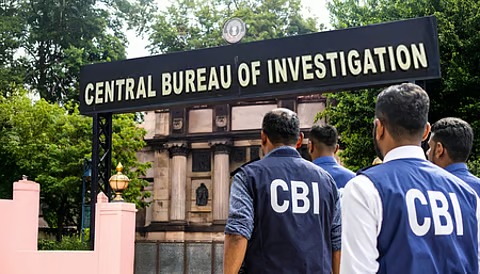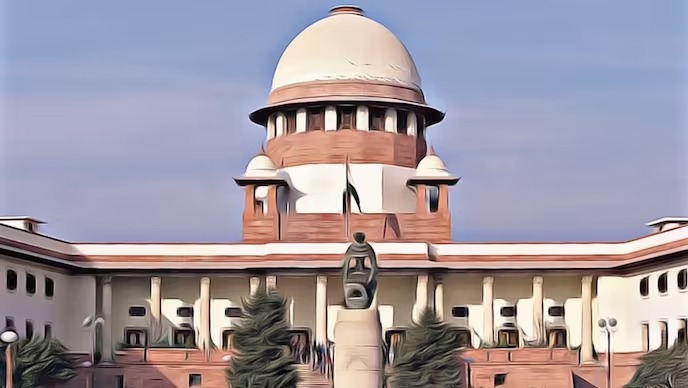1. We must reverse the convictions and sentences in both these cases on the preliminary ground raised before us by Mr. Shah in support of the appeal that the Court below could not take cognizance of the offence u/s 498, Indian Penal Code, because there was no complaint as required by the provisions of Section 199 of the Code of Criminal Procedure. What happened was that the original complaint was made to the Police. The Police sent up the complaint to the Magistrate charging the accused with offences under Sections 366 and 379, Indian Penal Code. The Magistrate commenced his inquiry on these charges. There was no charge formulated against the accused u/s 498 at the beginning of the inquiry. The first witness examined was the complainant. It may be that certain statements made in the deposition amounted to an offence u/s 498, but that was the statement .of the complainant made as a witness. It could not be said to be a complaint within the meaning of Clause (h/) of Section 4 of the Criminal Procedure Code. The intention of the Legislature plainly is (that in a case of adultery committed with a married woman, it is the husband who is the aggrieved person, and he must take the initial steps by means of a complaint made to a Magistrate before the latter can take cognizance of the offence u/s 498/ Here the complainant had made no complaint to the Magistrate as required by law. On this preliminary ground, therefore, the conviction and sentence must be set aside, and the accused acquitted and their bail-bonds cancelled.
Emperor Vs Imankhan Rasulkhan
Bench: Division Bench
Acts Referenced
Judgement Snapshot
Case Number
Criminal Appeal No. 432 of 1911
Hon'ble Bench
Chandavarkar, J; Batchelor, J
Acts Referred
- Criminal Procedure Code, 1898 (CrPC) - Section 199
Judgement Text
Translate:

